Journalism school coincided with a difficult time in my life – but I went to my 40th reunion anyway
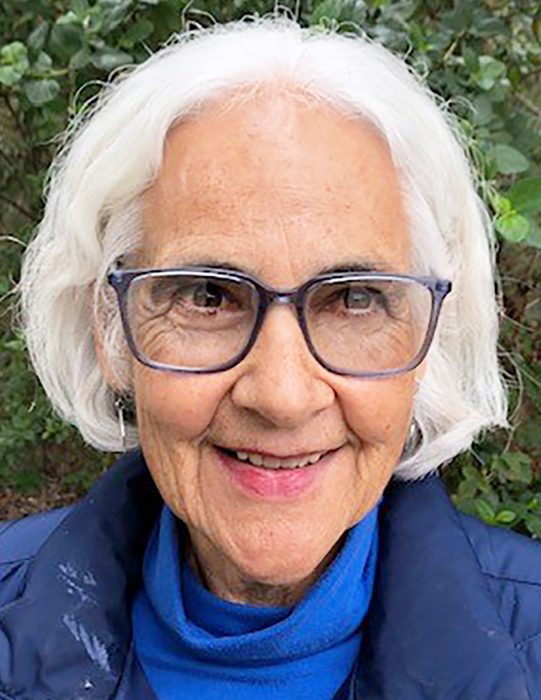
A SENIOR BEAT COLUMN
Here is an odd but true distinction: I graduated from Columbia University Journalism School in 1983 – in the last class to use typewriters.
The sweet cacophony of the newsroom:
Clickety Clickety Clack Clack Clack.
Sticky keys, coffee spills, paper stacks. Mimeographs!
The most sophisticated among us had Correct-O-Ball Electric typewriters. We used maps, which I never could fold up neatly.
We called in our stories to the student newspaper from phone booths. We looked things up in the university’s “morgue file” of yellowed, brittle clippings.
It was a terrible year in my life.
Two months after I got to New York, my University of California-San Francisco medical student boyfriend broke up with me (in a letter that came in an envelope!)
‘I cried. I typed.’
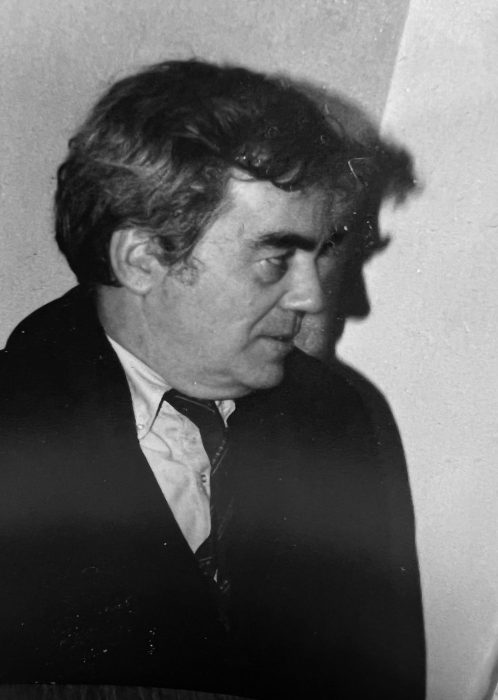
My hair began falling out copiously. I often sobbed. I was eating huge amounts in campus dining halls and Greek diners and weighed over 200 pounds.
Still, New York was cool. I would cover the United Nations, refugee asylum trials, and local community boards. Mario Cuomo’s gubernatorial win. Our first day: A Circle Line cruise around Manhattan with Walter Cronkite. Our first week: guest lecturer Jimmy Breslin delivered an unforgettable talk, “You need to use good verbs,” he thundered.
Fred Friendly, president of CBS News lectured us during his required weekly Law and Ethics course, prowling the podium and growling as he called on people – like the law professor played by John Houseman in “The Paper Chase.” Terrified he’d call on me, I scrunched down in the last row.
My father, who’d been his college roommate at Brown University, urged me (in letters that came in envelopes), “Go up to Fred and tell him you’re my daughter.” That wasn’t gonna happen!
I typed and I cried. I cried and I typed. I did the work.
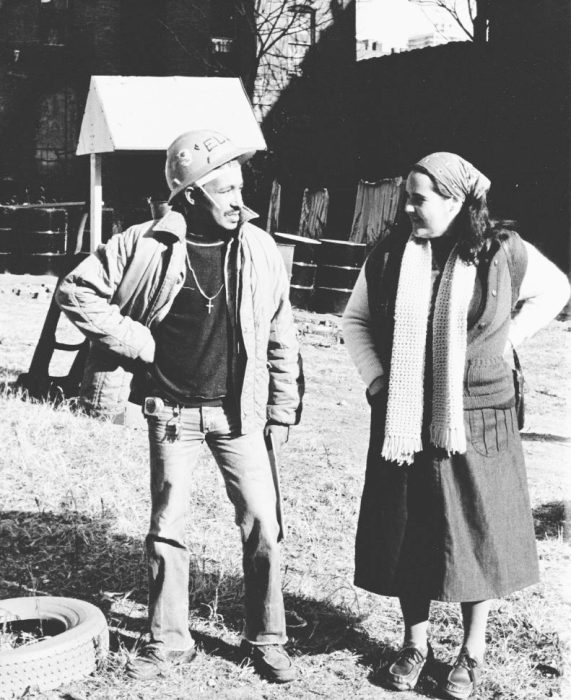
I wrote features about a Jewish matchmaker and a fortress-like Soviet school for diplomats’ kids in the Bronx. I profiled a U.N. simultaneous interpreter as he worked from his booth during the General Assembly. I followed a young ex-convict building a castle in an abandoned lot in Spanish Harlem with scavenged lumber – turrets and spires and all.
It was not Columbia that made me feel terrible. Everyone was lovely to me at school. Columbia simply coincided with a very bad time in my life.
At the end of the year, I was a mess, but I graduated. The faculty even voted me the Correspondents Fund Prize: $3,000 to travel and write.
I made many wonderful lifetime friends who didn’t mind that I was sad and fat. But I did not attend my graduation. I am not in the class photo.
I did not work as a journalist.
If you were me, would you go to your 40th reunion?
Why should I go?
I was skeptical about the whole reunion concept. If you feel like a failure in life, that’s a no-go. If you feel like a success, why go? If you feel you did as well as you could with the cards you were dealt, and are still pretty ambivalent, like me, is it a setup to go?
But I went. Because it was May in New York.
Because, since graduating, I’ve remained in touch with a dozen or more classmates: visiting them, hosting them, and sharing life events like weddings, births, parents’ deaths and book publication triumphs. And they were coming in from France, Toronto, Oregon, Washington D.C., Boston, and Wisconsin. Emails were exchanged.
Because beloved J-school friends and classmates said I should come and stay in their homey Brooklyn brownstone, and we’d attend the reunion together.
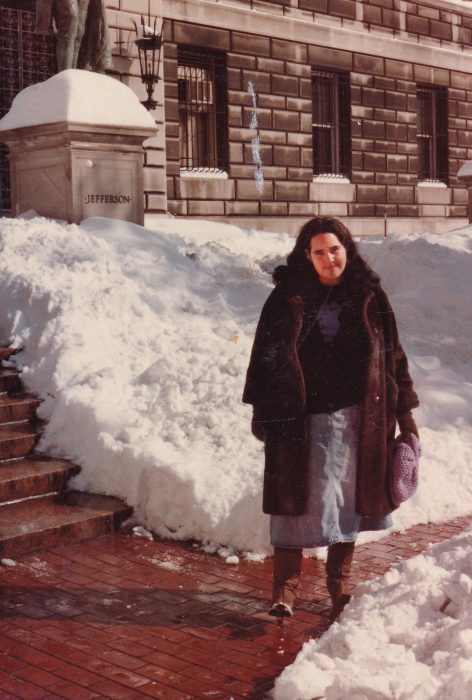
We had a robust turnout for a class of 160. About 40 members of the last typewriter class showed up.
I attended one official event, to watch a classmate receive a well-deserved achievement award. When we walked up the J-school steps, past the statue of Thomas Jefferson, I did not cry, unlike the last two visits I made to Columbia.
The men’s and women’s bathrooms were still in the same place on alternating floors. I noted the addition of gender-non-conforming bathrooms.
But the grungy bagel shop in the basement of adjacent Furnald Hall was gone, and the Dunkin Donuts on Broadway where we had slurped countless undrinkable pink and orange cups of coffee was gone.
Another historical note: I attended Columbia before Starbucks.
Mingling after the awards ceremony, I learned that three of my classmates are dealing with their young adult kids changing their sex.
No one did that when I was in school. In 1983, the AIDS crisis was in full bloom.
What really matters
I was impressed with the bravery of award-winning younger alums who shared stories of reporting from Ukraine. In 1983, my J-School advisor told me to find a dusty road in Africa and go down it, then come back and write about it.
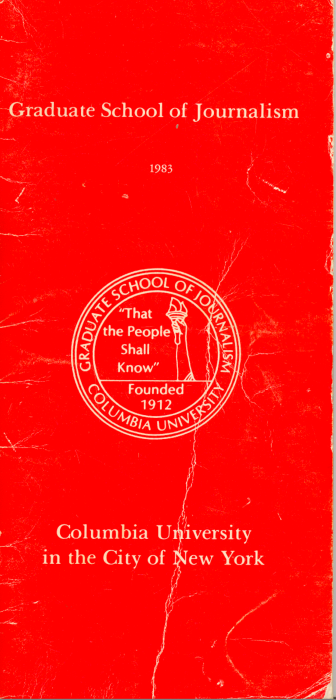
Never made it to Africa, but in the decade after J-School, I traipsed the hell over the former USSR as a tour guide and freelance writer. I rode the Trans-Siberian Railway from Moscow to Irkutsk three times. Fell in love in Yalta on the Black Sea and toured the Caucuses and Central Asia.
The halcyon days of Perestroika and Glasnost helped me sell lots of stories. My favorite tour gig was called “Destination Ukraine: Kharkov, Odessa, Kiev.”
Now, Class of 2013 and 2003 reporters were writing under exploding drones and missile fire, with laptops under their flak jackets. Yet, they were modest and marvelous. I have no idea if I would have been as fearless. Won’t know.
But here’s why my reunion was rich: simply gathering at David and Cissy’s Brooklyn brownstone with Andy and Leni, with Elliot and Steve and Polly and Blake. Then later with Theresa, Barbara, Jean, Marianne, Geraldine, and David number two.
If not for Columbia, I wouldn’t have these friends, who originally came from Kentucky and New Jersey and Ohio and Tennessee, from Australia and Zimbabwe and Argentina. They worked for major media news outlets. They made films and won Pulitzer Prizes. They worked for the Open Society Foundations, the Union of Concerned Scientists, for NPR.
Many were laid off as newspapers shuttered and media organizations consolidated.
But after 40 years, that’s not what we talked about. We didn’t discuss the professional arcs of our lives at all. Who we were remains who we are.
Andy: laconic. David: kind and pensive. Jean: so New York. Polly still walks incredibly fast, and Barbara reminded me of some of the best lines I came up with in J school.Eric remembered the J-School blues I wrote and we all sang, “They told me I would do well if only I had a fire in my bell—y”
I mentioned at dinner one night that Elliot could be annoying. He told me I hurt his feelings, but he forgave me.
They mattered in my life and matter still. We limited the ailments talk and focused on the projects talk. We drank good wine and toasted each other.
And we agreed, in principle, to show up for our 50th reunion.
EDITOR’S NOTE: Cover photo courtesy of HLW architecture and design.



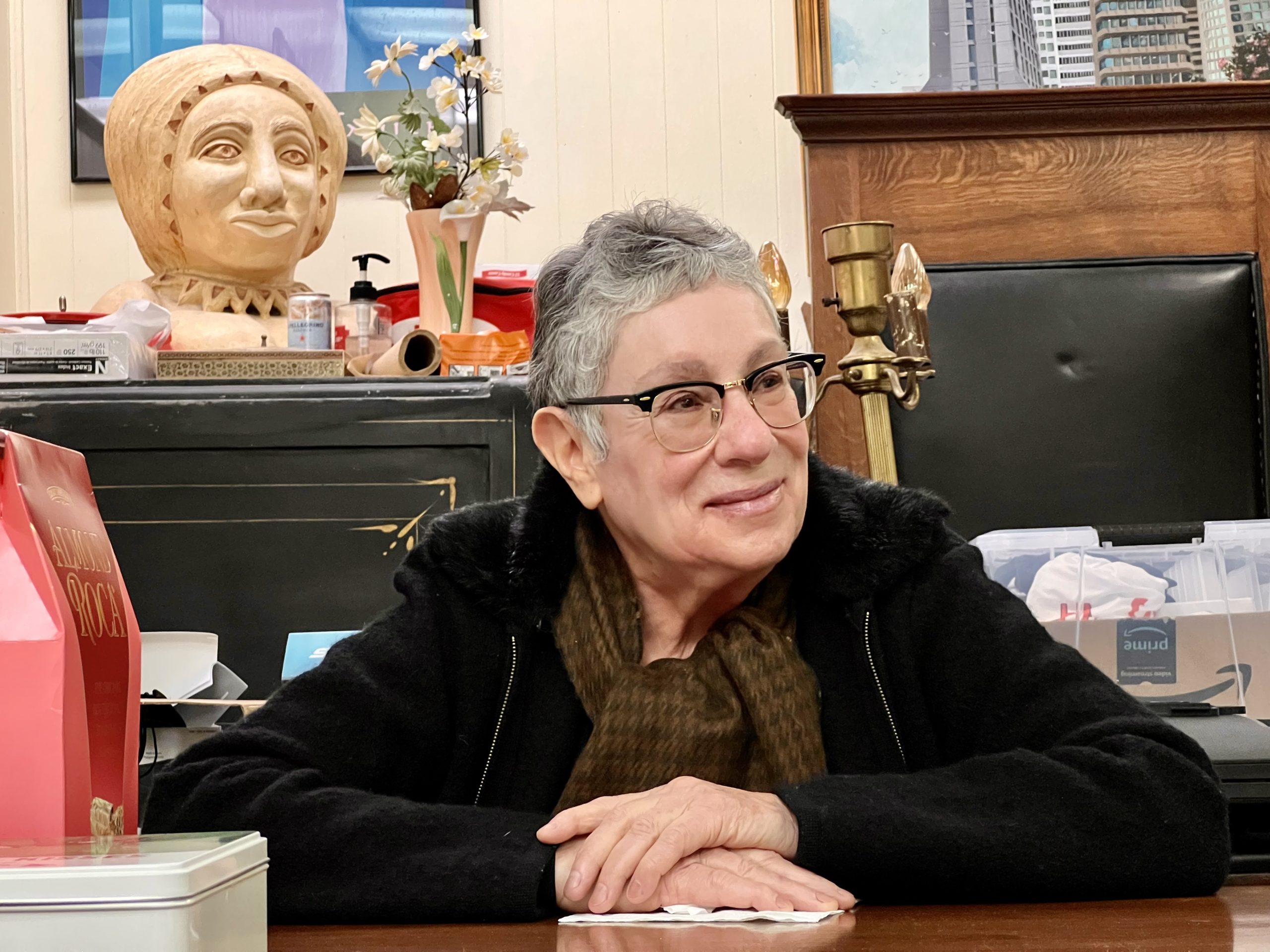
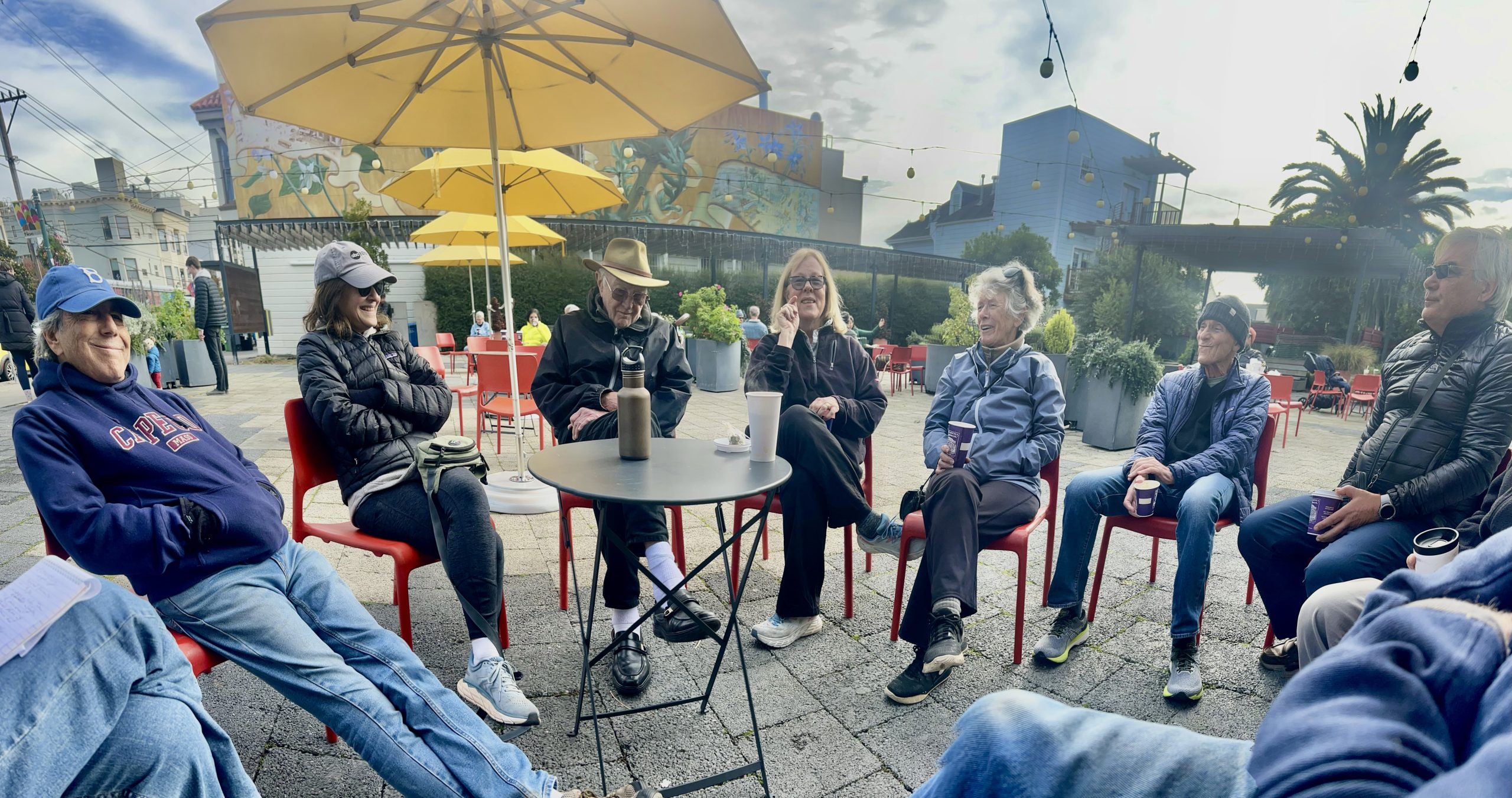
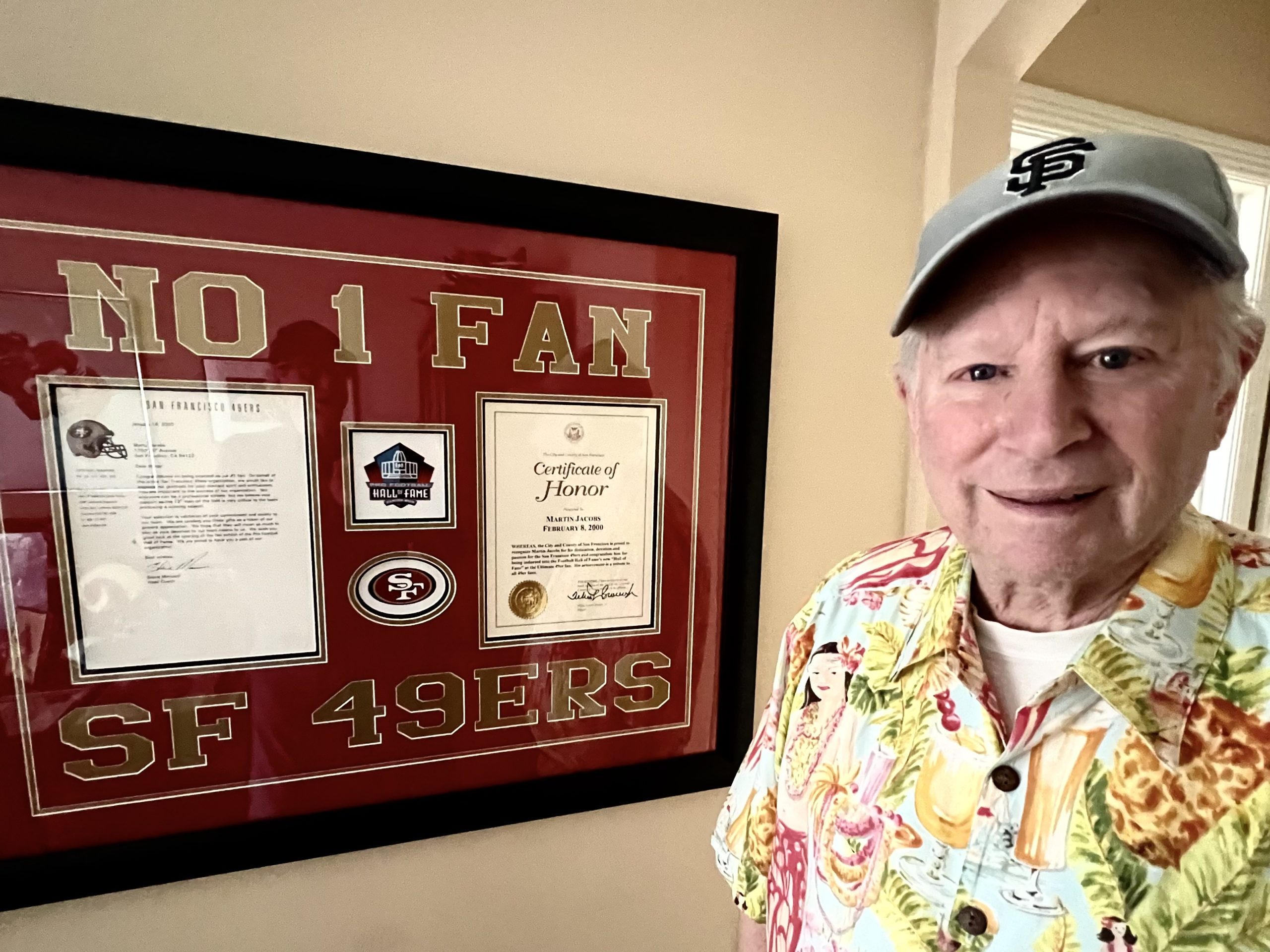
Judy
Another winner from Naomi! Who else could bring out the nuances of the 1980's in so few words?
Lindsey
Terrific read
Albertina Padilla
Another gem of an article! Loved the reminiscences and the photographs that went with them. Seems you trusted the processes of life, moved forward and made the memories and moves that were necessary to live a full life without regrets.